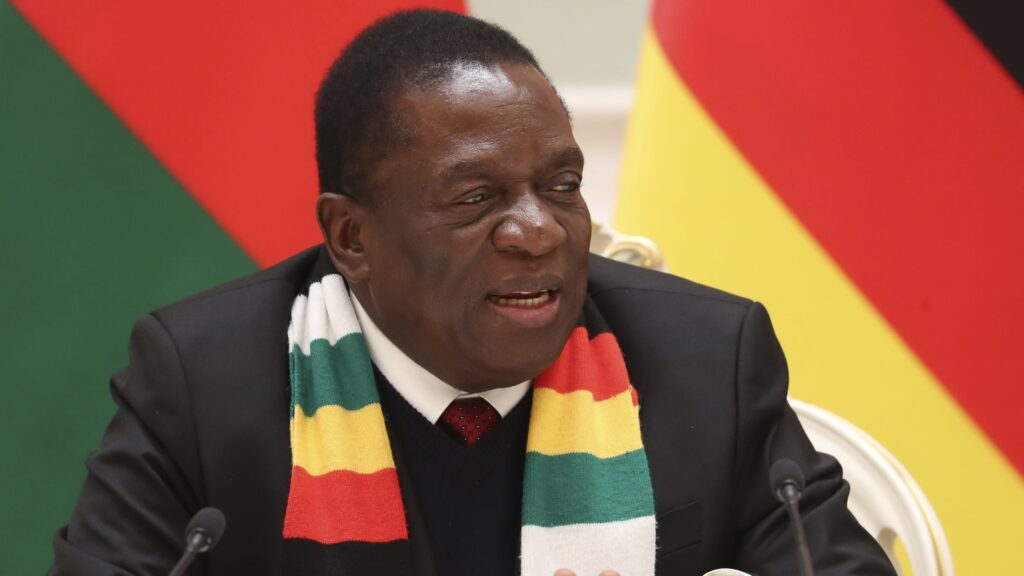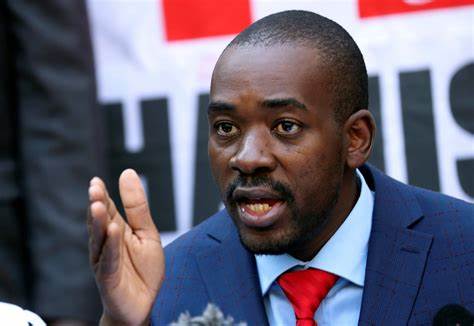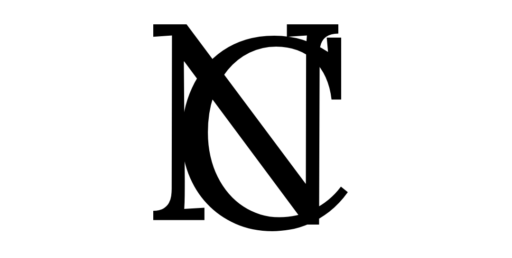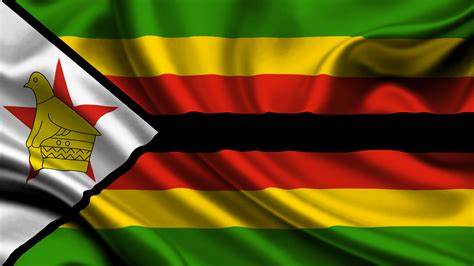Zimbabwe Exercises Democracy.
In preparation for today’s election of new leaders, voting officially began at more than 12,000 voting stations in Zimbabwe.
Election materials arrived later than expected in certain locations.
The electoral commission notified voters that they would be able to exercise their right to vote today as scheduled.
Emmerson Mnangagwa, the current president of the Zanu-PF party that now governs Zimbabwe, will be challenged by Nelson Chamisa of the Citizens Coalition for Change (CCC), the country’s largest opposition group. In the run-up to the presidency.

The 81-year-old Emmerson Mnangagwa took over after the coup that ousted the country’s founding president the late Robert Mugabe in 2017. And will be seeking to defend his seat against the 45-year-old Lawyer and Pastor Nelson Chamisa.
Given that eleven candidates, including one woman, are running for president, this race is predicted to be fiercely contested.
According to Surf Shark, a Dutch virtual private network service, residents of Zimbabwe would experience sluggish internet due to the restriction of internet access.
“The internet stands as a vital component of democratic elections, enabling people to easily acquire information from a variety of sources, engage in meaningful conversations with friends and family, and develop objective opinions. The credibility of the election process is jeopardized when the internet is either completely shut down or only restricted, according to Gabriele Racaityte-Krasauske, a spokeswoman for Surfshark.
Zimbabwe joined Uganda, Zambia and 18 other African countries on restriction of internet access during epic event periods this year.
Nelson Chamisa offers a complete economic makeover to everyone, including the young, aged, and recent graduates.

The nation has been going through an economic slump for the past several months, which has led to unemployment and a decline in living standards, which has caused some people to migrate to the surrounding nations in search of work and other people to associate with crime.
A total of 1,970 local and municipal leaders as well as about 210 national parliamentarians will be chosen by the voters.
Approximately 6.6 million Zimbabweans registered to vote.








